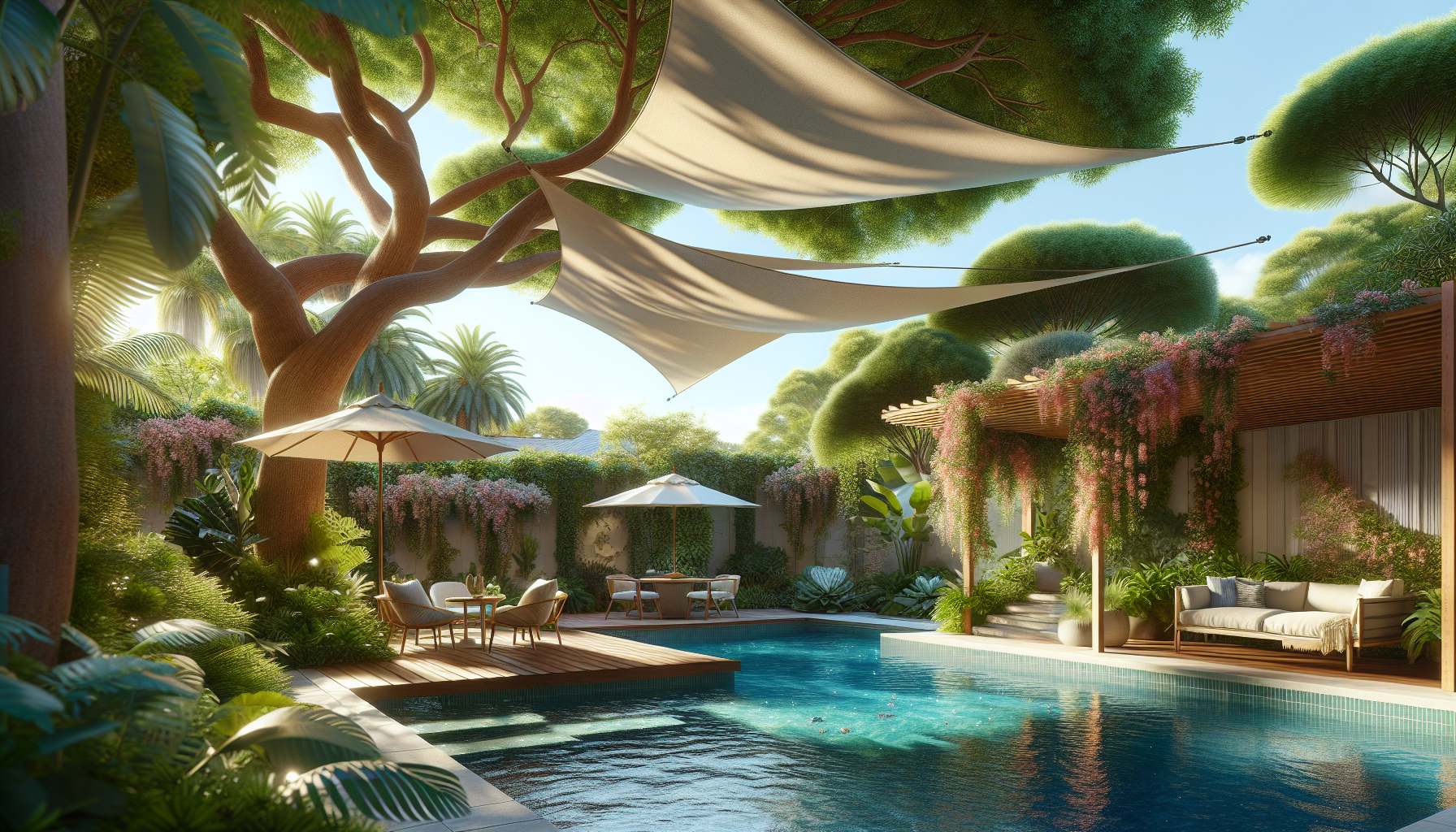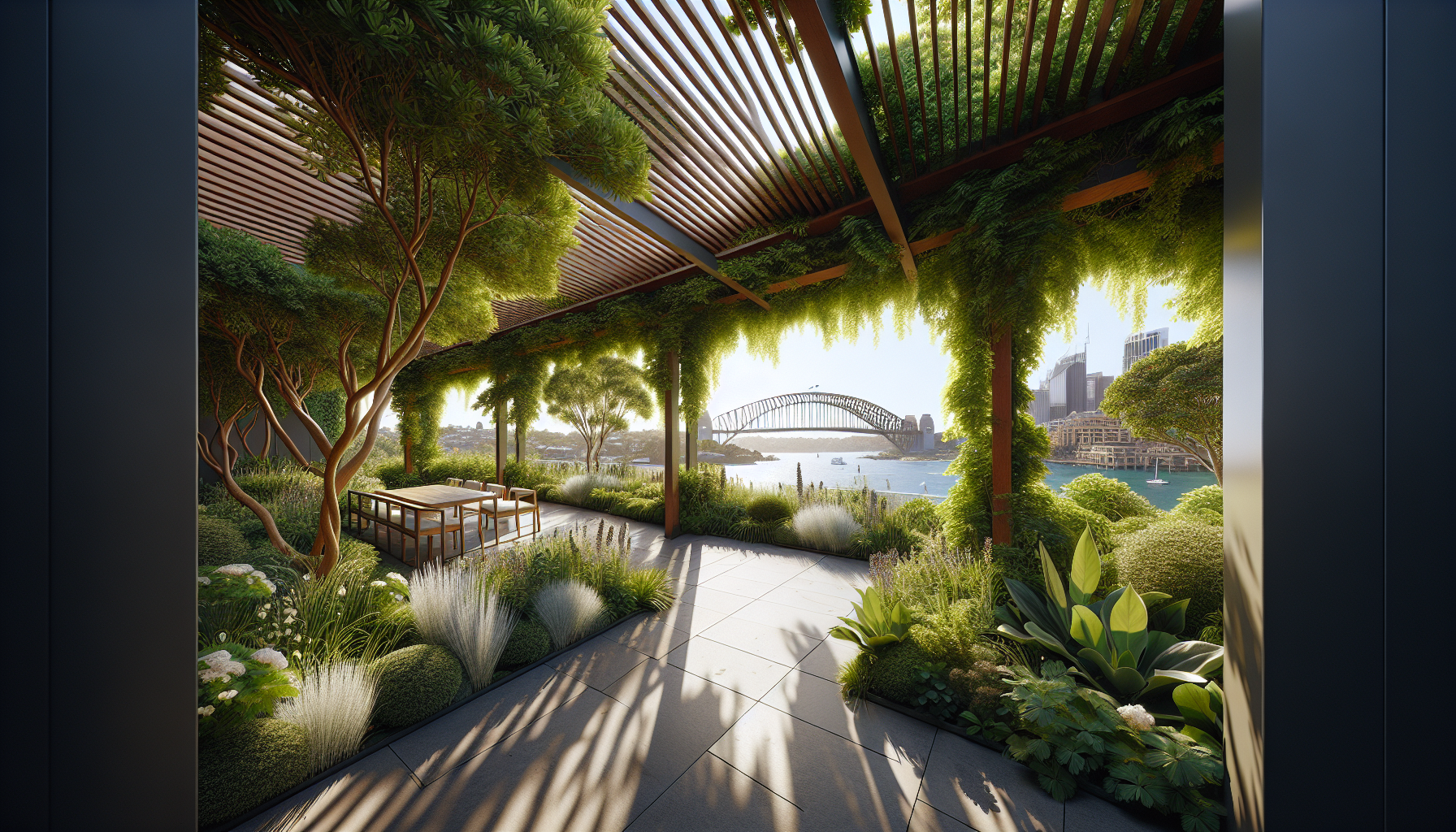The Importance of Choosing the Right Curved Carport for Your Vehicle
Investing in a quality curved carport is pivotal to providing optimal protection for your vehicle. Unlike traditional flat-roofed carports, curved carports offer a unique and aerodynamic design that not only completes the external aesthetics of your home but also presents practical benefits. The curved shape ensures better wind resistance and facilitates water runoff, reducing the likelihood of water pooling and the subsequent risk of rust and water damage over time.
Another key aspect when considering a curved carport is the material used in its construction. Carports crafted from durable, high-quality materials such as galvanized steel or polycarbonate roofing can significantly extend the structure’s lifespan and, in turn, protect your vehicle. Moreover, selecting a carport with materials that complement your home’s existing architecture can enhance curb appeal, potentially increasing the property’s overall value.
Vehicles today are a substantial financial investment, and shielding them from the elements is crucial for maintaining their condition and resale value. A well-chosen curved carport protects against ultraviolet radiation, hail, and falling debris like branches or sap, which can all cause significant damage to your vehicle’s paint and body. Unlike vehicles parked in the open, those housed under a carport are also less exposed to drastic temperature fluctuations, which can adversely affect the battery life and tire pressures.
Customization Options for Curved Carports
When selecting the right curved carport, customization is an aspect that should not be overlooked. Various dimensions, colors, and add-ons, such as guttering, side panels, or enclosed storage spaces, are available to suit individual needs. Custom tailoring your curved carport allows you to address specific environmental challenges in your area, such as heavy snowfall or intense sun exposure, thereby ensuring greater protection for your vehicle. Additionally, these custom features lend functionality and help create a seamless extension of your home, reflecting your personal style and enhancing usability.
Customizable Curved Carport Designs to Complement Your Home
When considering an addition to your property that combines both function and beauty, customizable curved carport designs stand out as an aesthetically pleasing and practical solution. Not only do these structures protect your vehicle from the elements, but they significantly enhance the overall appearance of your residence. With various materials and colors, you can tailor a curved carport to mirror the architectural nuances of your home or introduce a striking new feature to your outdoor landscape.
A curved carport’s fluidity can soften the hard lines that dominate modern architecture or harmonize with the existing curves in more traditional homes. The curve can be adjusted to varying degrees, allowing for a broad or gentle arc that meets your specific spatial or design requirements. Utilizing bold materials such as treated wood, reinforced steel, or high-grade aluminum, these carports offer durability alongside their visual appeal. Opting for a customizable design means every aspect can be modified to suit the personality of your home and reflect your style.
Beyond the visual customization, curved carports can be modified to address functional needs such as size, storage capabilities, and added protection features. Homeowners can decide to include side panels to shield vehicles from wind-blown debris or integrate lighting fixtures to ensure the carport remains a daytime feature and a well-lit, secure space at night. The natural canopy shape of a curved carport is particularly suited to environments with heavy snow or rainfall, as its design promotes more efficient runoff, preventing the accumulation of water or snow, which can lead to structural damage over time.
Integration with Landscape Design
Mindful integration of a curved carport with the surrounding landscape can result in an extension of your home that appears seamless and intentional. By coordinating with landscaping professionals, homeowners can incorporate climbing plants, surrounding flower beds, or hardscaping that compliment the carport’s design. This thoughtful approach ensures that the structure exists not merely as an isolated entity but as a cohesive part of the home’s outdoor aesthetic. The result is a curved carport that not only shelters your vehicles but also serves as a testament to the harmony that can be achieved between man-made structures and natural beauty.
Durability and Maintenance: The Long-Team Benefits of Curved Carports
When it comes to protecting vehicles from the elements, curved carports are not just an aesthetically pleasing choice but also a smart investment in the long term. Their unique design and structure contribute significantly to their durability, a key factor for homeowners and property managers seeking to minimize maintenance while maximizing lifespan. The arch of a curved carport naturally deflects wind, rain, and snow, lessening the stress on the carport’s materials and diminishing the likelihood of damage over time.
One of the most profound advantages of curved carports is the minimal maintenance required to keep them in prime condition. Due to their design, there is no need for a complex structural support system, which reduces the number of potential fail-points and debris accumulation. The curvature promotes water runoff and discourages snow and ice buildup, which is particularly beneficial in preventing rust and corrosion on metal carports. This natural clearing effect ensures that the carport remains sturdy and functional with only basic, routine care.
In addition, the materials used for constructing curved carports, such as high-grade steel or aluminum, are often treated with weather-resistant finishes. These finishes not only enhance the carport’s resistance to extreme weather conditions but also help in reducing the frequency of repaints and other forms of upkeep. Owners of curved carports can expect extended periods between maintenance sessions, leading to significant savings on time and expenses.
Furthermore, curved carports are well-known for their resilience against accidental impacts around the home or commercial spaces. The absence of sharp angles and the inclusion of a continuous curved surface distribute impact energy more efficiently, minimizing damage if a vehicle or other object comes into contact with the carport. This adds an extra layer of durability and reduces the likelihood of costly repairs arising from accidental collisions.
Step-by-Step Guide to Installing Your Curved Carport
When it comes to adding a modern and stylish touch to your property, a curved carport enhances the aesthetic and provides functional protection for your vehicle from the elements. This comprehensive guide will walk you through installing a curved carport, ensuring you can enjoy its benefits with minimum fuss and maximum efficiency.
Preparation and Planning
Before you begin the installation, preparing and planning is imperative. Check local building codes for any permits you may need to install your curved carport. After securing the necessary approvals, you should select the appropriate location for the installment. Ensure the ground is level and clear of any obstructions, such as branches or rocks, that could hinder the process. Finally, measure the area to determine the size of the carport required and order your materials accordingly.
Assembling the Frame
The first step in the installation is to assemble the frame of your curved carport. Begin by laying out the parts and familiarizing yourself with the different components. Erect the uprights supporting the structure, ensuring they are anchored firmly into the ground. Crossbeams and arches will be added to these uprights, which should be done precisely to maintain the curved shape. At this point, having an extra set of hands to hold pieces in place while you secure them is beneficial.
Attaching the Roofing Material
Once the frame is stable and secure, it’s time to attach the roofing material. Curved carports typically use polycarbonate panels or metal sheeting, providing durability and weather resistance. Begin at one end, incrementally securing the panels to the structure, following the curve until the entire roof is covered. Be sure to overlap the sheets for waterproofing effectiveness and double-check fastenings for added safety against high winds or severe weather conditions. Utilizing quality fasteners at this stage will ensure the longevity and durability of your newly installed curved carport.
Cost Analysis: Budgeting for Your Curved Carport Project
Embarking on a home improvement project like installing a curved carport involves a detailed cost analysis to ensure it fits within your budgetary constraints. The price of a curved carport can vary widely depending on several factors, including the materials chosen, the carport’s size, and the design’s complexity. Conducting thorough research into these variables will provide a clearer picture of the financial commitment required for such an addition to your residential or commercial property.
Material Costs
Choosing materials for your curved carport is pivotal in the overall expense. Common materials include aluminum, steel, and polycarbonate panels, each with a price tag. Aluminum is lightweight and resistant to corrosion, making it a mid-range option in terms of cost. Steel, known for its durability and strength, might require a larger budget, especially if opting for high-grade, galvanized varieties. The cost-effective polycarbonate is an attractive option for those prioritizing affordability without compromising the aesthetic appeal of the curved design.
Size and Complexity
The dimensions of your carport will directly impact the price; larger structures require more materials and possibly additional structural support. The complexity of the carport’s design also influences the cost. Simple, single-vehicle carports are more budget-friendly, whereas intricate, custom-designed structures tailored to house multiple vehicles will lead to higher expenses. It’s crucial to balance your needs with the financial implications of the size and complexity of the project.
Additional Expenses
Beyond the basic materials and construction, several other factors can affect the final cost of your curved carport project. Optional features such as guttering, downspouts, integrated lighting, or customization for solar panel installation may enhance functionality but also add to the bottom line. Don’t forget to factor in potential planning permission fees and labor costs, which can vary based on your location and chosen contractor. Adequate budgeting for these additional expenses upfront can prevent unforeseen costs and ensure the project proceeds smoothly.




